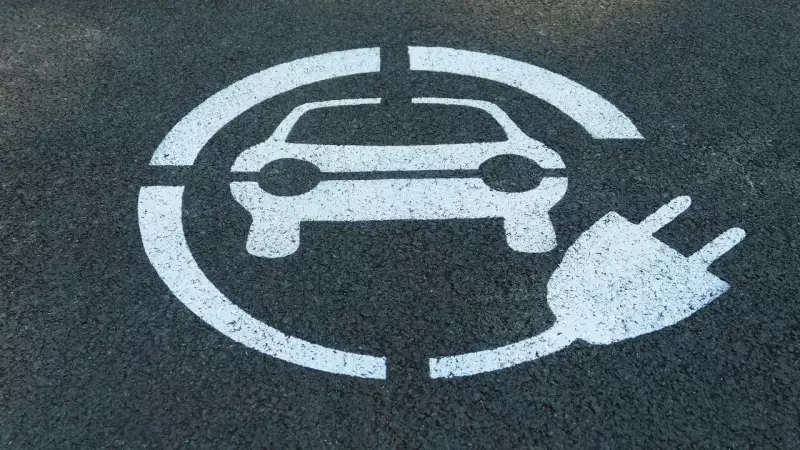
In a startling revelation that has sent shockwaves through European security circles, Denmark has uncovered a potentially dangerous vulnerability in its public transportation system. Hundreds of electric buses operating across Danish cities reportedly contain Chinese technology that could allow for remote deactivation.
The Hidden Kill Switch
Security analysts examining Denmark's growing fleet of electric buses made a disturbing discovery: embedded within the vehicles' Chinese-made components lies technology capable of completely disabling the buses from a remote location. This "kill switch" functionality could theoretically bring public transportation to a standstill across multiple Danish cities.
Strategic Dependence on Foreign Tech
The situation highlights Europe's increasing dependence on Chinese technology for critical infrastructure. As countries rush to meet climate goals by electrifying public transport, they may be inadvertently creating new security vulnerabilities. Denmark's case serves as a cautionary tale for nations worldwide pursuing similar green initiatives.
Implications for National Security
Security experts express grave concerns about the potential consequences. A coordinated remote shutdown during peak hours or emergency situations could create chaos, disrupt economic activity, and even compromise public safety. The discovery raises urgent questions about how nations should balance environmental goals with national security considerations.
Europe's Wake-Up Call
This revelation comes at a time when European nations are increasingly scrutinizing Chinese technology in critical infrastructure. The Danish case may prompt other countries to conduct similar security audits of their own public transportation systems and reconsider their technology procurement policies.
As Denmark grapples with this newfound vulnerability, the episode serves as a stark reminder that in our interconnected world, the pursuit of technological advancement must be balanced with rigorous security protocols and strategic autonomy.






